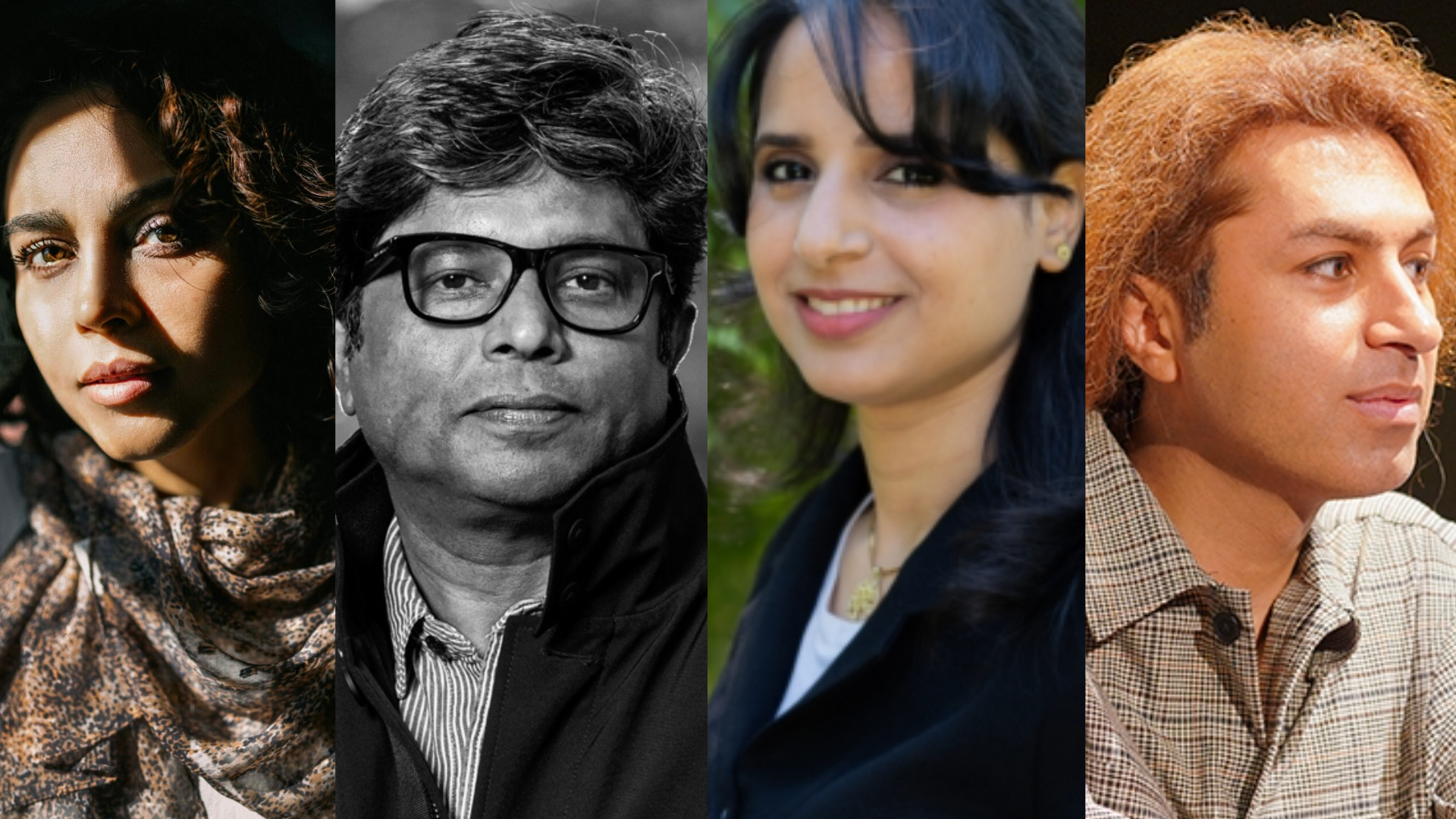Refugee Quota Cuts Alarm ICORN Residents
Residents of Norway’s International Cities of Refuge Network (ICORN) fear the government’s refugee quota cuts will harm the country’s reputation and threaten the safety of free voices in urgent need of protection.
Norway’s sharp reduction in its refugee resettlement quota has sparked concern among artists sheltered by the City of Refuge network. Many fear that this will harm Norway’s international standing and endanger free voices that need protection.
The International Cities of Refuge Network (ICORN), headquartered in Stavanger, has confirmed that three artists, one from Afghanistan, one from Iran, and another from an anonymous country, who were set to arrive in Norway under the refugee quota, have now been informed they can no longer come.
This decision follows an extreme reduction in Norway’s annual refugee quota: from 1,000 to 500, then to just 200. Authorities recently announced that the 2025 quota is already full.
“All preparations were made,” ICORN’s programme director Elisabeth Dyvik told Dagbladet. “Housing, schools, local support, everything was in place. But we had to say no to them at the last minute.”
The three artists, previously assured of safety in Norway, must now remain in hiding. The decision has been criticized by former and current ICORN residents.
‘A Moral and Political Setback’
Benyamin Farnam, a photographer, documentary filmmaker, and author from Iran, now living in exile in Oslo, called the decision a moral and political setback.
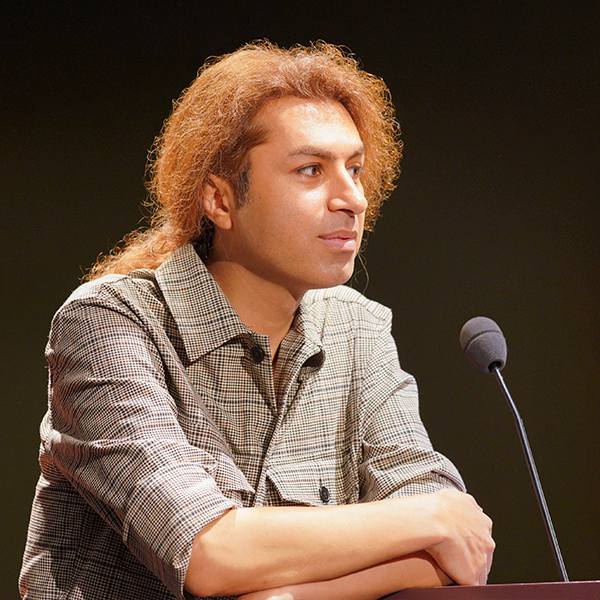
“This is not just an administrative decision, but an obvious moral and political setback,” says Farnam.
Farnam believes at a time when freedom of expression and human rights are under pressure worldwide, if Norway, with its enormous resources and traditions, cannot protect threatened artists, it sets a worrying precedent.
With this decision, Norway sends a signal to the world that even democratic societies are willing to abandon their humanitarian obligations in favour of bureaucracy and national priorities.
“With this decision, Norway sends a signal to the world that even democratic societies are willing to abandon their humanitarian obligations in favour of bureaucracy and national priorities.
This directly harms Norway’s intellectual, cultural, and social fabric, raising questions about public morality and collective responsibility.”
Decision Not in Line with Norwegian Tradition
Hayat Al-Sharif, a Yemeni photojournalist living under ICORN protection, voicing her disappointment, says: “The City of Refuge scheme represents safety, freedom, and dignity, and proud Norwegian traditions of standing up for what is right. We hope this tradition won’t be abandoned.”
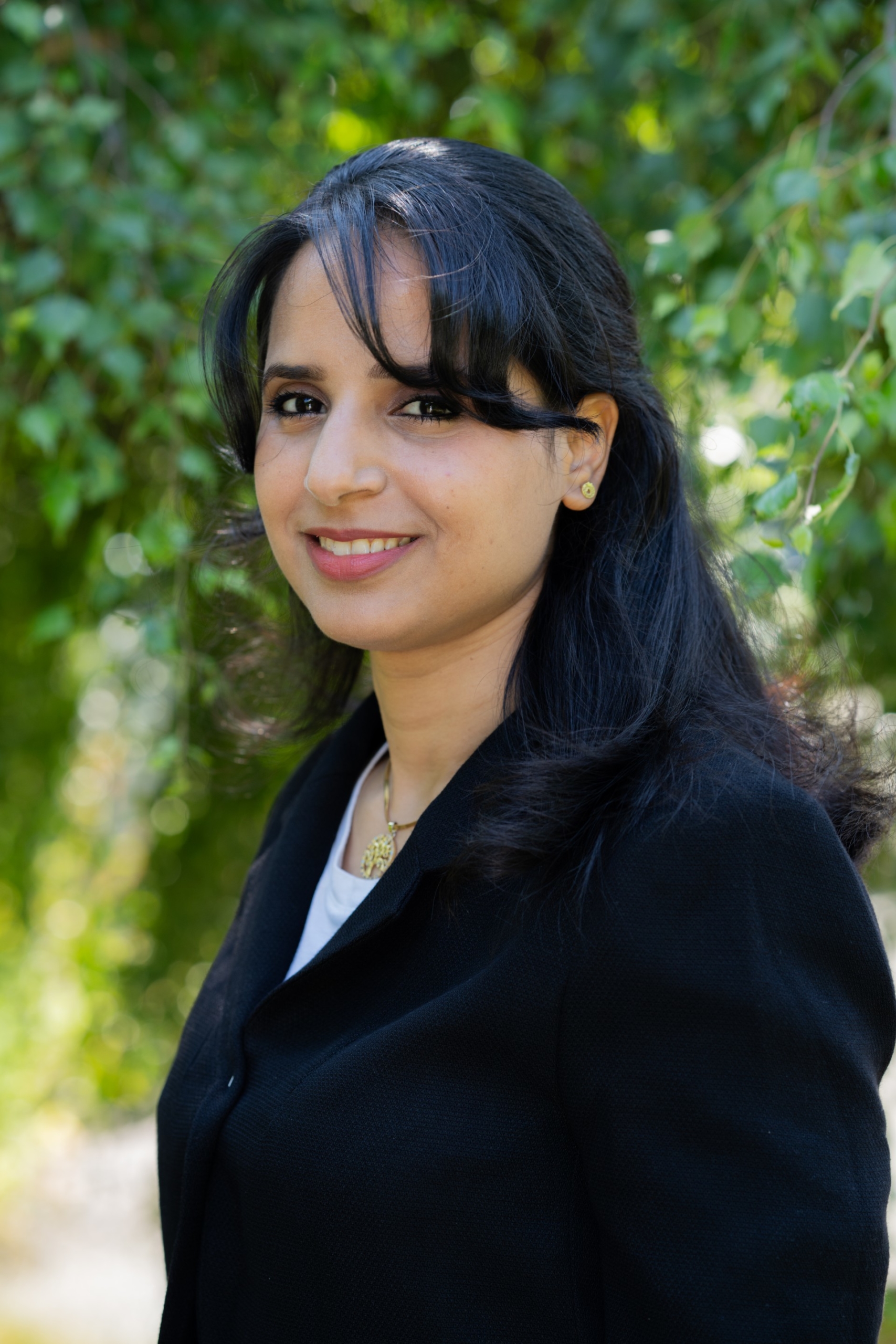
“ICORN and cities of refuge support freedom of expression, democracy, peace, and justice. Their continued support upholds values that provide hope and protect human dignity,” added the Yemeni photo journalist.
A world hard-hit by war, conflict and injustices, ICORN and the Cities of Refuge stand as strong defenders of freedom of expression, democracy, and peace.
“A world hard-hit by war, conflict and injustices, ICORN and the Cities of Refuge stand as strong defenders of freedom of expression, democracy, and peace. Their support is more vital than ever, not only for individuals, but for the values that inspire hope and uphold human dignity. This is a responsibility we all share.”
Marginalised Voices Must be Protected
Ahmedur Chowdhury, also known as Tutul, a publisher, writer, and editor from Bangladesh, who survived a machete attack in 2015, called the decision in contrast to Norway’s long-standing traditions.
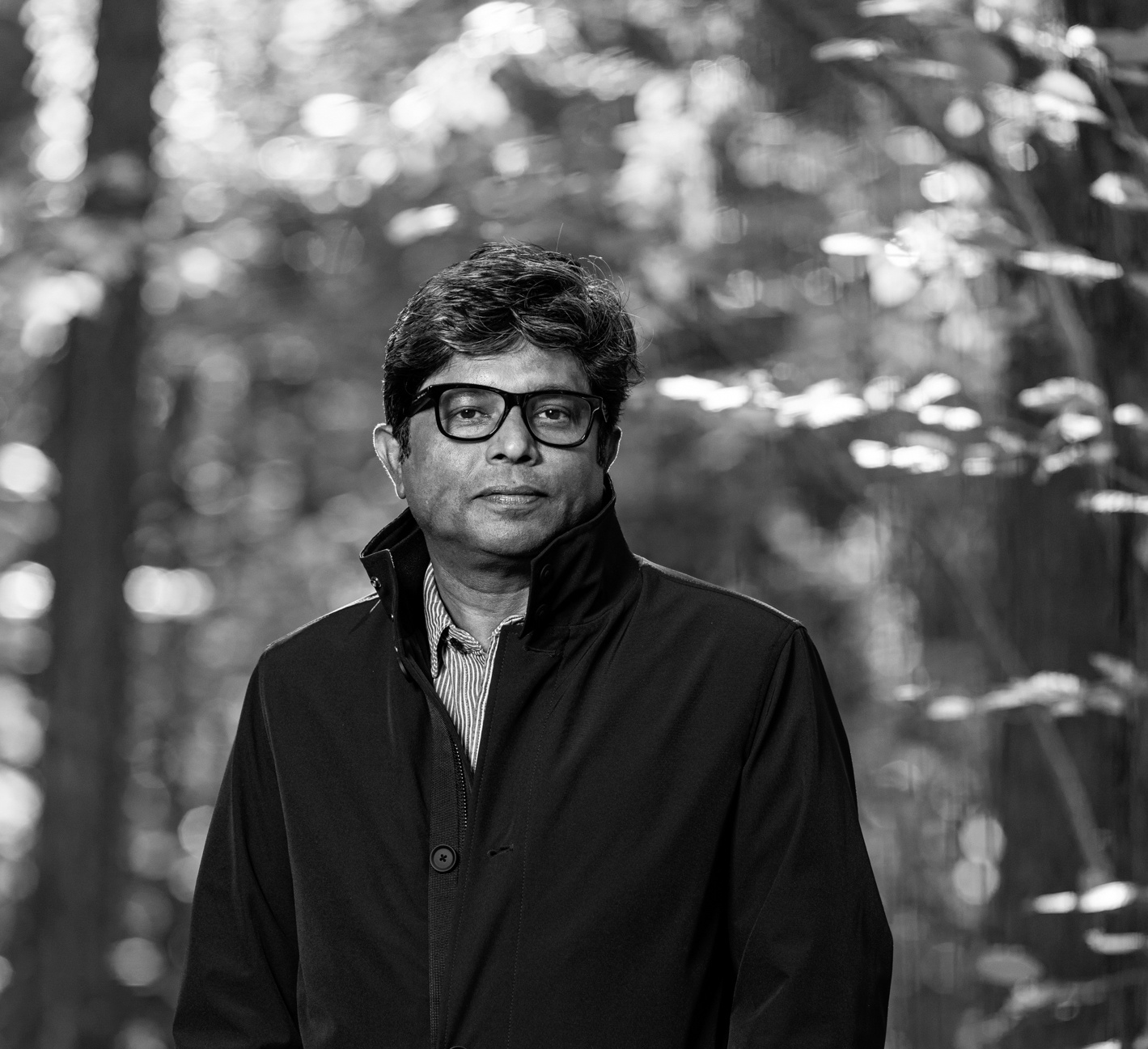
“This decision is deeply regrettable and stands in stark contrast to Norway’s longstanding commitment to democracy, human rights, and freedom of expression,” says Chowdhury.
At a time when the reckless actions of global superpowers threaten peace and unity, I had expected Norway would respond with humane and courageous leadership, consistent with its values and traditions, by continuing to protect marginalized voices.
“At a time when the reckless actions of global superpowers threaten peace and unity, I had expected Norway would respond with humane and courageous leadership, consistent with its values and traditions, by continuing to protect marginalized voices,” Chowdhury added.
‘Heartbroken’
Moloud Hajizadeh, a journalist and human rights activist from Iran and an ICORN resident, described the news as troubling.
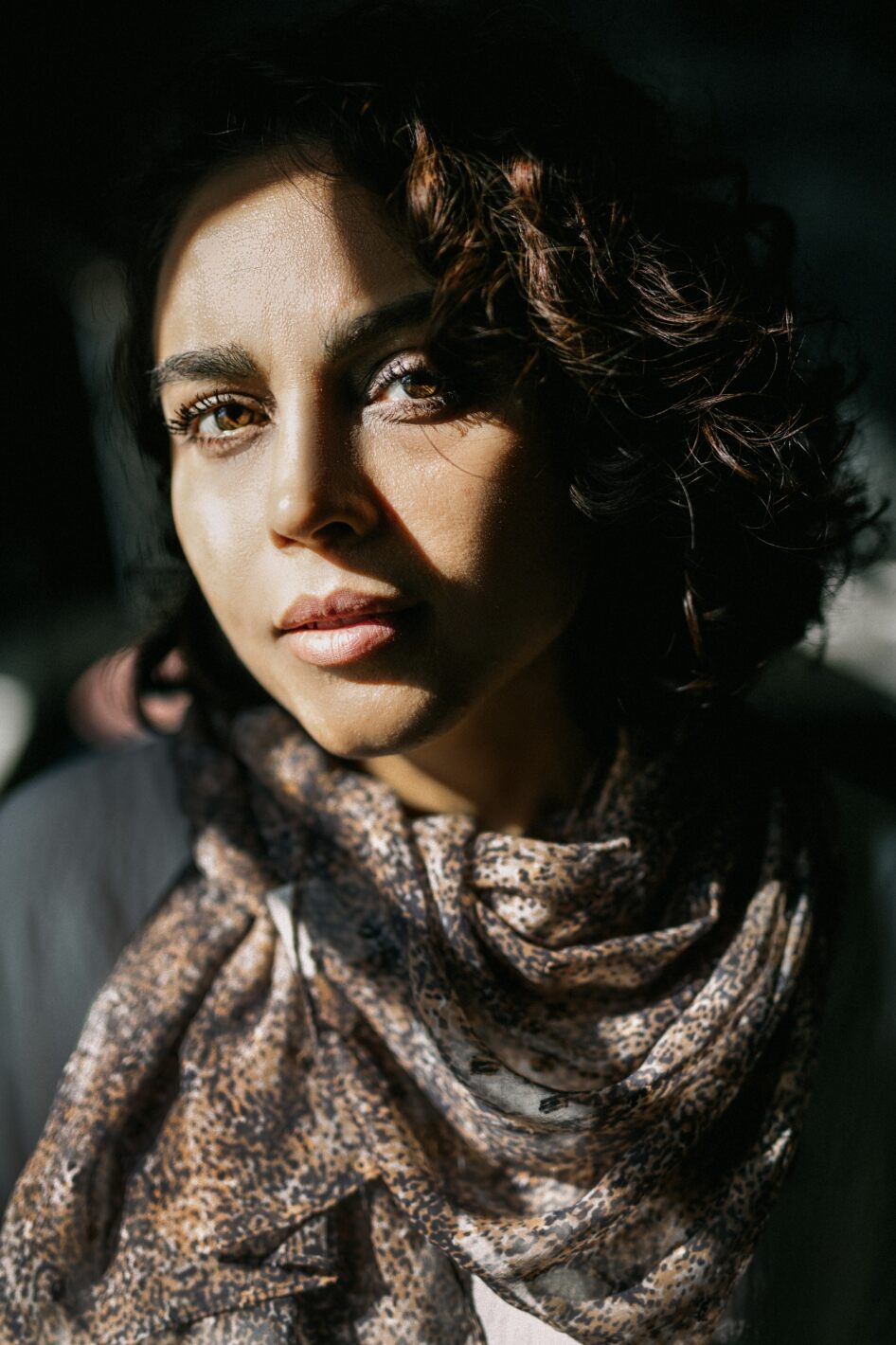
“For someone who has lived under pressure and threats in Iran, settlement in Norway gave me hopes and a new life. It is disappointing that others now lose this opportunity,” she commented.
“I know immigration policy is under pressure. But those chosen by Norwegian PEN and ICORN are not just asylum seekers; they are voices for freedom, equality, and dignity within oppressive regimes, the very values Norway claims to champion.”
Hajizadeh said that closing the doors to such individuals denies them safety and may result in a moral and cultural loss for democratic societies.
These individuals carry intellectual and human capital that can greatly enrich the societies that offer them refuge.
“These individuals carry intellectual and human capital that can greatly enrich the societies that offer them refuge.
Norway, long seen as a defender of press freedom and human rights, funds ICORN. Its latest decision raises doubts about this commitment.”
Human rights advocates and ICORN cities are urging the government to reconsider its decision, noting that the situation for the three artists remains urgent and potentially life-threatening.
Read More

